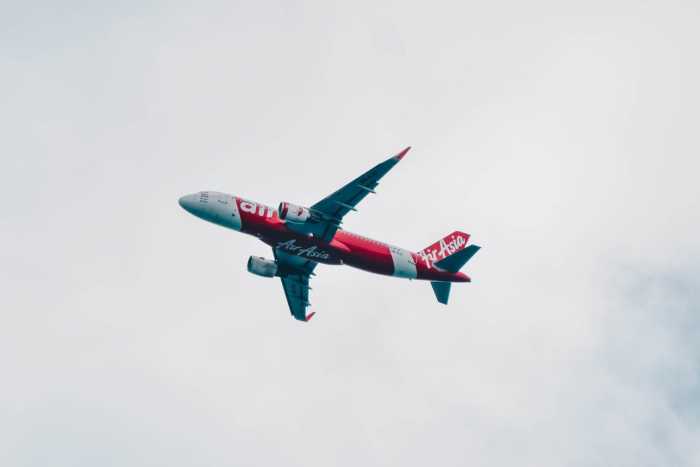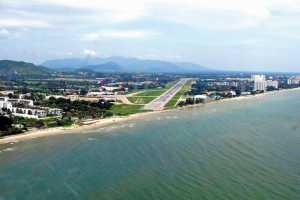
Thai Air Carriers Temporarily Resume Flights to Japan
5th Apr 2015

On April 3, Japanese officials signed a document allowing six of Thailand's air carriers to proceed with its chartered flights to Japan despite a previous ban on two other Thai-based airlines.
Under the contract, Japan has allowed chartered flights to resume on April 11 but capped it with May 31, 2015 cut-off date.
Japan has barred Thai air carriers, specifically Thai Airways International and AirAsia X from conducting flights to Japan soon after the International Civil Aviation Organisation (ICAO) reported air safety issues affecting the two air carriers.
The contract was executed by the Department of Civil Aviation (DCA) of Thailand and Japan Civil Aviation Bureau (JCAB). Thailand's current Transport Minister Prajin Juntong, said that under the contract, the six air carriers may continue flight arrangements already in existence before the ban took place. These include aircraft types and flight routes already employed long before the ban was implemented. Nevertheless, as an added precaution, frequency of quality checks on the aircraft and the pilots will be increased as well.
JCAB laid out these conditions to make sure that air safety standards are upheld.
Beforehand, Thai air carriers even planned to add more flights and destinations to Japan alongside plans to change the type of aircraft in use. However, ICAO questioned DCA on its current practices and airline certification standards, thwarting any plans to increase flights to the country.
In response to this, DCA submitted an action plan, detailing the corrective safety measures that it will take on. The plan fell short of ICAO's expectations and so a revised one will have to be resubmitted.
DCA officials said that one of the corrective measures include restructuring of the existing civil aviation organisation. Under the restructuring program, a new unit, the Air Transport Department will be created to take charge of air control, while another unit, the National Civil Aviation Institute will be set up to manage the local airports.
Additionally, a team of experts from the international aviation community will supervise the inspection of air standards and procedures. Specialists from the Federal Aviation Administration and European Aviation Safety Agency will be tapped to do the task.
After the restructuring, the country will also focus on raising quality standards of about 41 start up air carriers. Prajin is positive about achieving this end in three months' time.
In the event that Thailand's restructuring efforts continue to fail based on ICAO's evaluation, the DCA is ready to present another course of action. It will propose for the signing of several Memorandum of Cooperation, one contract per country which Thailand has since identified and sounded out for preliminary talks.









